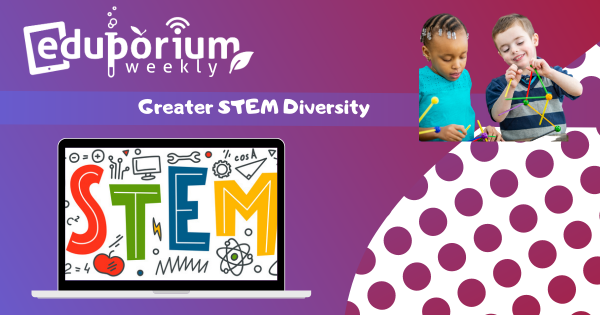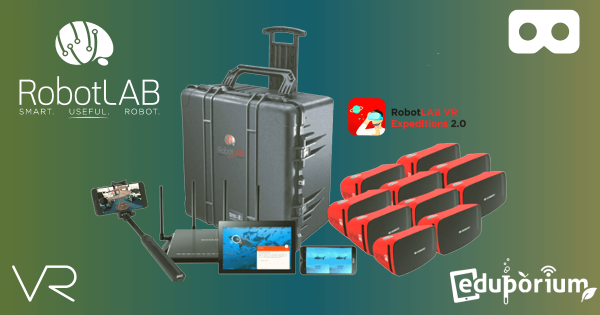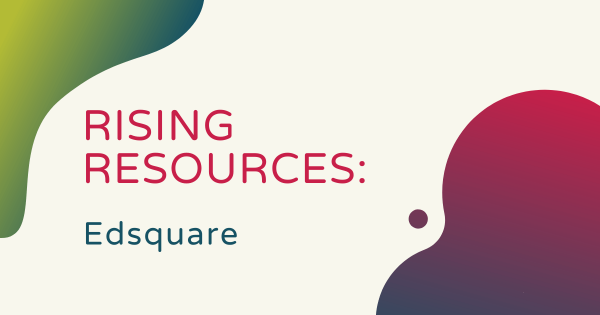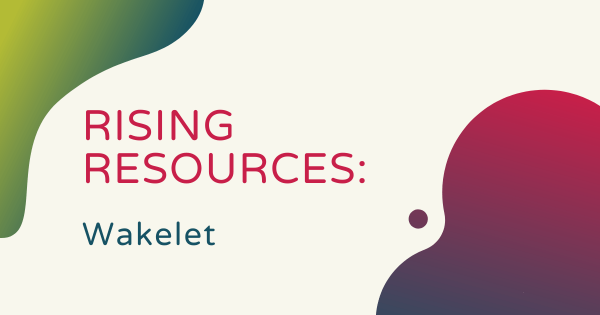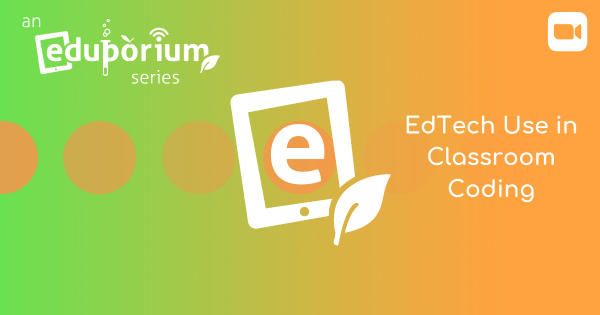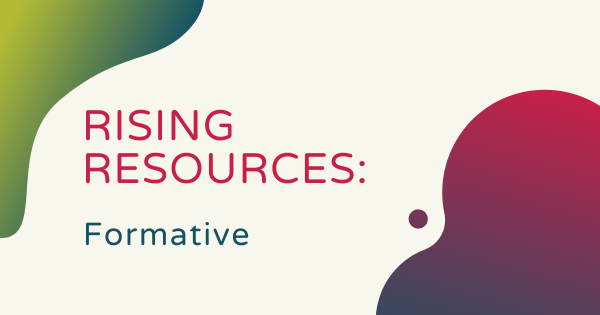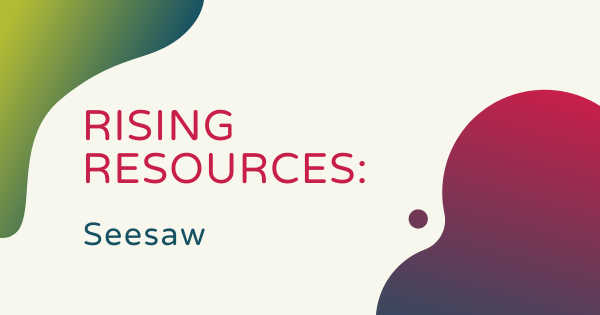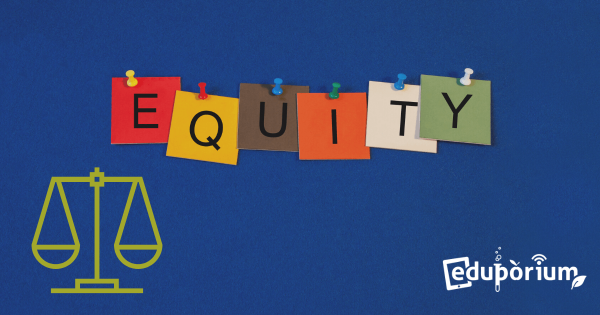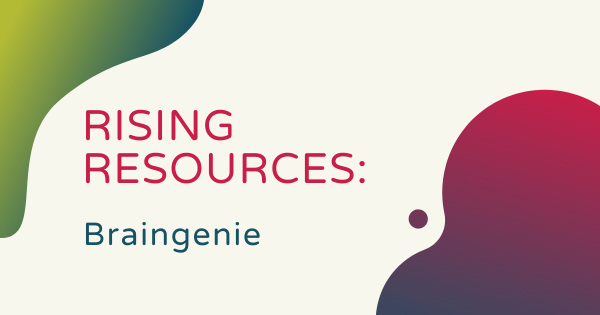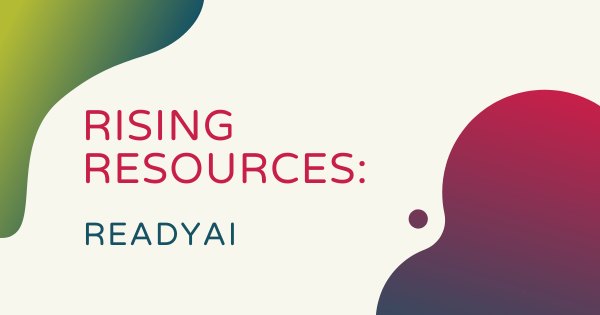Diversity efforts should be created and spread with intent in order to elevate the thoughts, talents, experiences, and opinions of all. As we try to overcome a lack of diversity in the STEM community, we’re continuing to promote its importance across industries, help others discover new points of view, and educate ourselves on causes and possible solutions.
Technology
-
The RobotLAB VR Expeditions 2.0 System for the Classroom
Educators can no longer access the Google Expeditions app, which is how they’d find engaging and immersive lessons, tours, and experiences for students. The good news, however, is that we’ve taken a big step in securing a replacement option. Within the last couple of weeks, we’ve finalized adding the RobotLAB VR Expeditions 2.0 kits to our store! -
Rising Resources | Learning Data Science with Edsquare
The courses within Edsquare are designed largely for students. As they say, however, teachers can also feel free to try them. There are a lot of opportunities for them to learn about contemporary skills and developing technologies. At the moment, there are two main courses available on the Edsquare platform, focusing on AI and its role in machine learning. -
Rising Resources | Organize with Wakelet
There’s a decent chance you may have already heard of Wakelet, the popular online organization tool that’s used by a bunch of K-12 teachers. If not, get ready to do just that! Wakelet is a free service that helps teachers save, organize, and share content from across the Web with students or parents. -
Video: Getting Started with EdTech in Classroom Coding
Eduporium co-founder, Irina Tuule, discusses some ways for educators to ease into EdTech use. By starting small and integrating tech tools in a way that’s comfortable to you, teachers can set themselves up for increased engagement and success while trying different things—just like in The Little Red Riding Hood! -
Rising Resources | Formative for Personalized Assessments
Formative assessments can be used to count as graded work or simply for teachers to gain a clearer understanding of student progress. They can be formal or informal and the best ones often lend ideas for how teachers can improve their instruction. This takes time, however, and that’s why Formative helps teachers in individualizing instruction. -
Rising Resources | Organizing Student Progress with Seesaw
With ISTE 2019 going on this week, we thought we’d take a closer look at one of today’s most popular classroom tools in Seesaw. Seesaw is essentially an application that allows classroom teachers to gain greater insights and organization when it comes to their students’ progress. It’s also free and a great way for students to demonstrate their learning. -
Eduporium Weekly | Talking About Tech Equity
In the last few years, more focus has been put on digital or technological equity and a strong push has been made to ensure that every student has access to tech tools that help them grow. This is important not only because technology affords students with enriched opportunities, but it also helps prepare them for a lot of the challenges -
Rising Resources | Braingenie in Math Class
It seemed fitting to go with Braingenie to coincide with the release of Aladdin—yes, the new one. Although we’re fairly sure it won’t compare to the glory days of Disney movies, it is nevertheless a part of our lives now. Braingenie is an online resource through which math and science teachers can find games and challenges for their students. -
Rising Resources | READYAI in Education
Artificial intelligence is looking like it will play a much larger role in education—both in terms of enhancing the instruction students receive and in growing into an area of study they’ll want to know about. AI is very powerful technology, but, thanks to resources, like READYAI, it’s not something educators should be terrified of.




